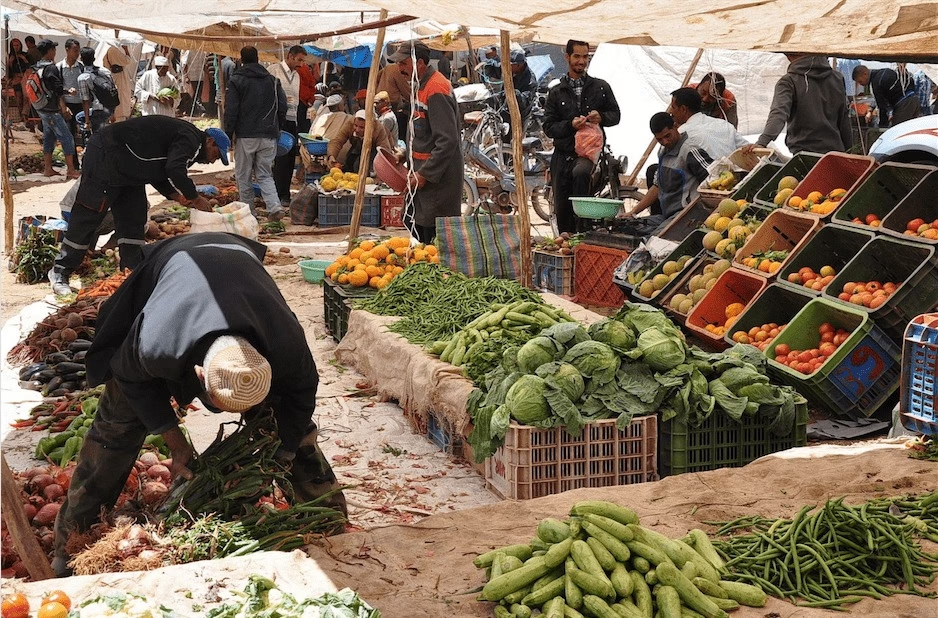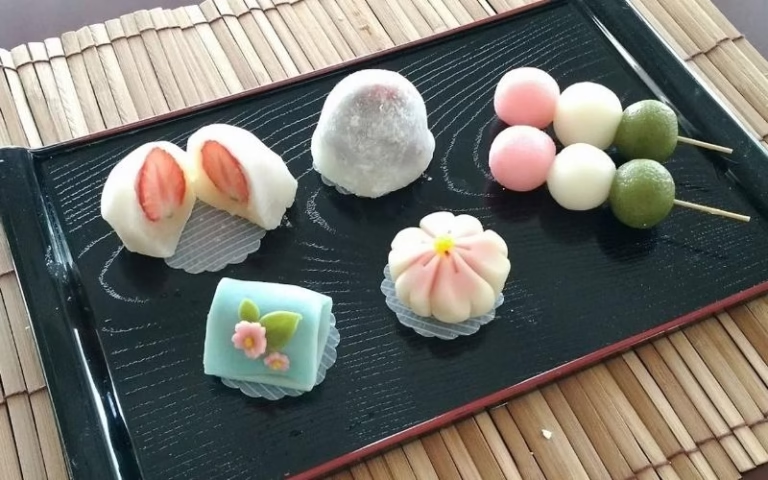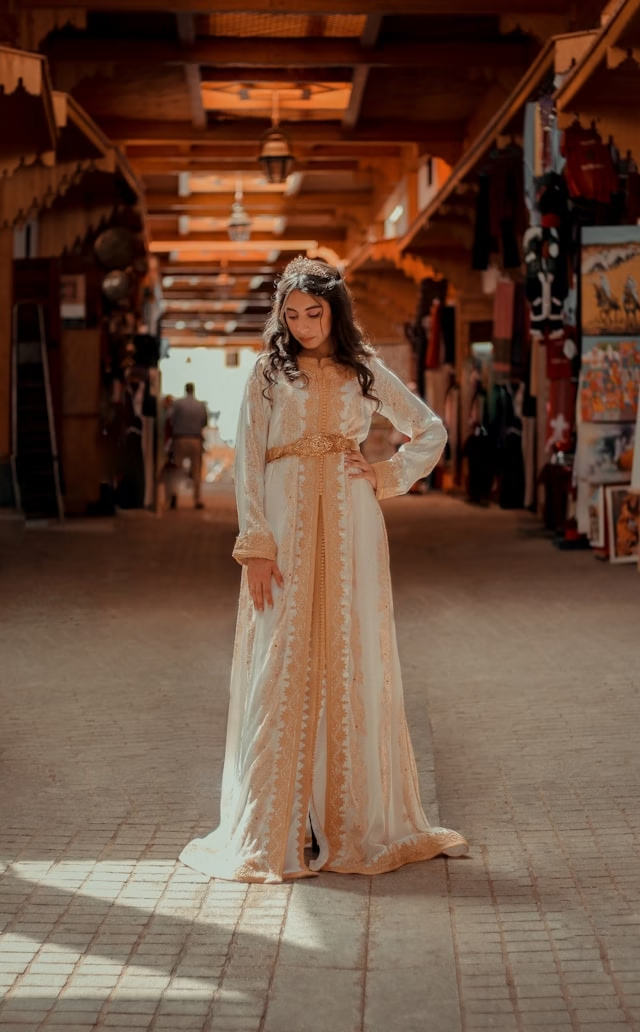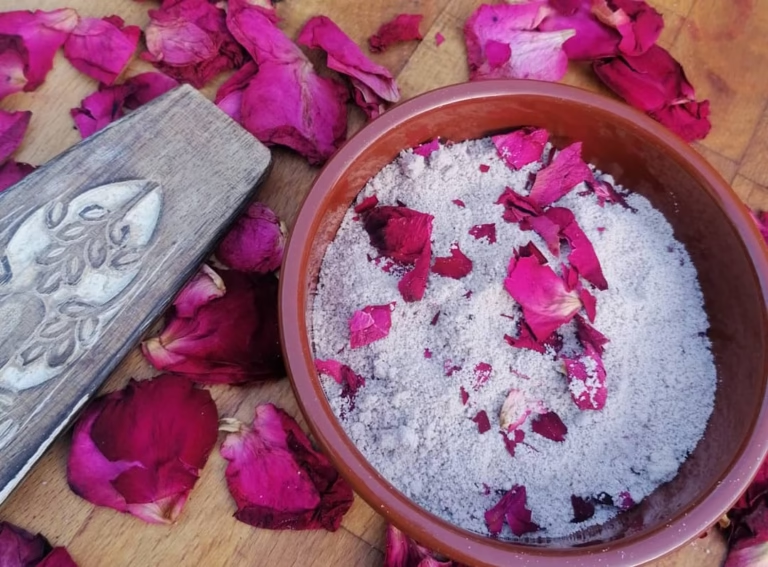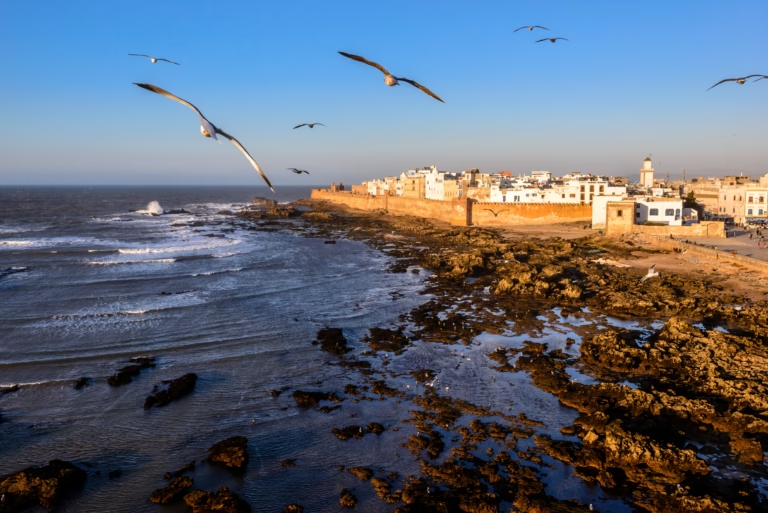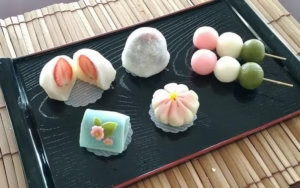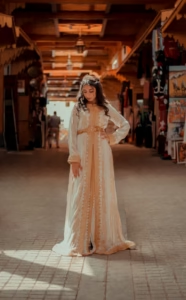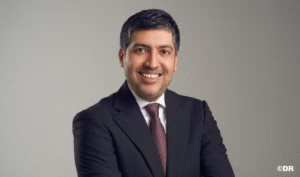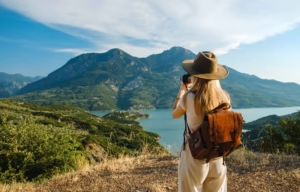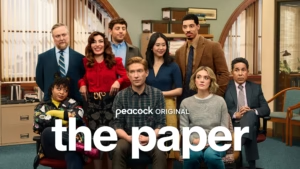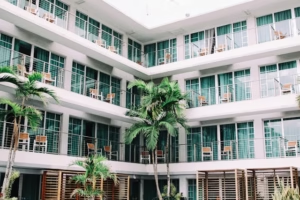Some go for the groceries, others go for nostalgia because the souk delivers both.
Fez – In Morocco, the weekly market isn’t just a place, it’s a pulse. It beats loudly and unapologetically, somewhere between the smell of fresh khobz and the echo of a vendor shouting — it’s messy, noisy, human, and absolutely essential.
Life moves non-stop at the weekly souk, as if time refuses to rest. Vendor calls blend into the voices of bargain-hunting women, smoke from grills dances with the scent of fresh bread, and the air itself tells a story of simplicity and hustle.
If that doesn’t make you nostalgic for dusty paths and haggling aunties, I don’t know what will.
It’s a furnace of life, laughter, and connection. It’s where you check in on your cousin’s cousin, where you meet a neighbor’s goat before meeting the neighbor himself.
And of course, the “halqa”, the street performance circle, is pure magic, especially when the magician or trickster steals the show with tricks that make us believe the unbelievable.
And that’s the thing about Morocco’s weekly markets: they are loud, yes, and chaotic, sure, but they’re also poetic.
They hold a mirror to our collective memory. They preserve the past while selling you socks for MAD 10. .
The souk is perceived as a living, breathing archive. It’s not just an economic hub, it’s a symbol. It’s where rural and urban worlds collide. It’s a place of ritual and exchange. It reveals how people interact, negotiate, and survive.
And it’s true. The market is where your grandma gets her medicinal herbs, where a family might meet an official, and where kids learn to read prices before books.
It’s the theater of the everyday, where the sacred and the mundane blur into one long, dusty, colorful procession.
The souk can be considered as a system of values and symbols. It’s a web of relationships built on trust, tradition, and yes, a bit of gossip.
People trade stories before they trade produce. Social capital changes hands just as often as coins.
The weekly market has become a muse for so many Moroccan writers. Why? Because the souk, with all its contrasts and contradictions, gives writers what they crave: raw emotion, human struggle, humor, heartbreak, resilience, and rhythm.
It’s a place where love and rivalry live side by side, just like the olive seller and the guy with the bootleg phone chargers.
In short, Morocco’s weekly market isn’t just where we shop it’s where we are.
Read also: Essential Tips for First-Time Travelers to Morocco

